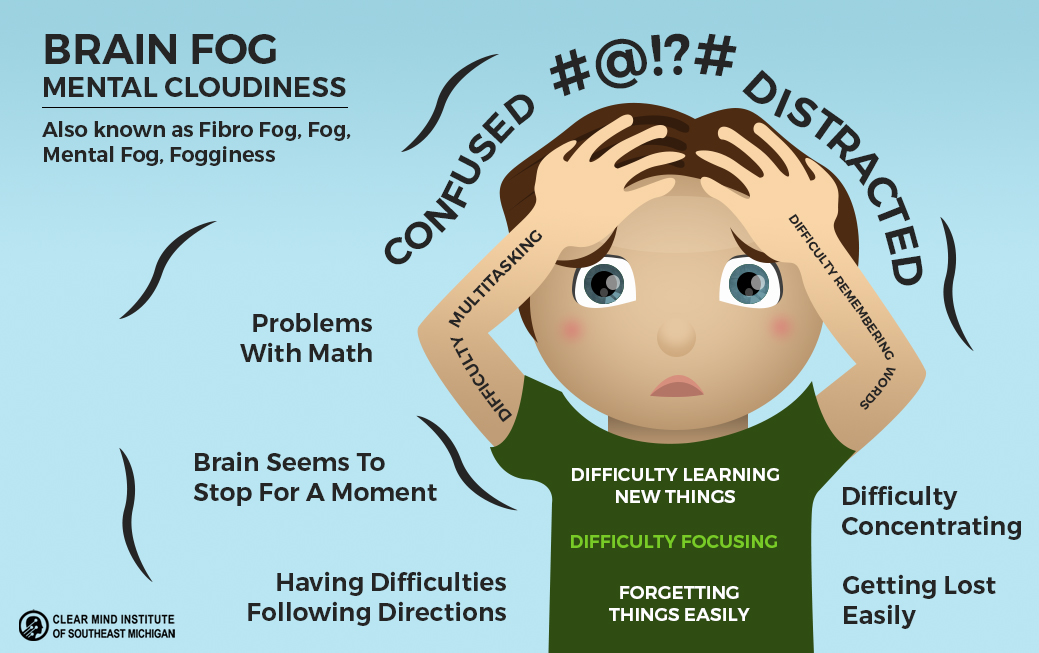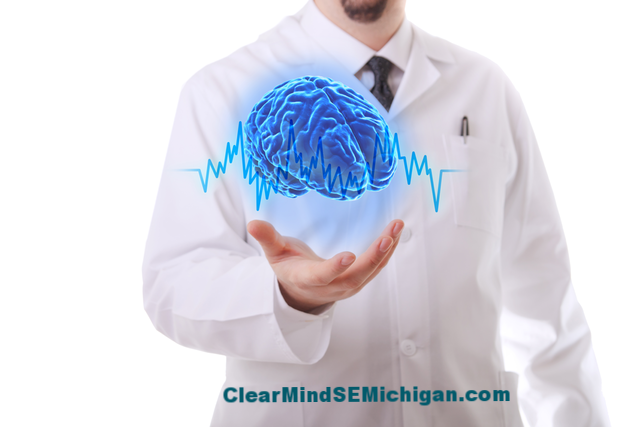Neurobehavioral disorders have exploded in our current generation. ADHD is diagnosed in a significant portion of school aged children. A research survey of parents shows that approximately 11% of children 4-17 years of age (6.4 million) have ever been diagnosed with ADHD as of 2011. Autism statistics from the U.S. Centers for Disease Control and Prevention (CDC) identify around 1 in 68 American children as on the autism spectrum–a ten-fold increase in prevalence over the last 40 years. Studies also show that autism is four to five times more common among boys than girls. An estimated 1 out of 42 boys and 1 in 189 girls are diagnosed with autism in the United States. ASD is estimated to affect more than 2 million individuals in the U.S. and tens of millions worldwide. We are seeing many cases of anxiety and depression in kids as young as 4.
Read MoreFrom the Desk of Dr. Karl R.O.S. Johnson, DC.....
Dr. Karl R.O.S. Johnson, DC
Recent Posts
Balancing and Nourishing The Brain Helps Solve Many Health Challenges
Posted by Dr. Karl R.O.S. Johnson, DC on Tue, Apr 04, 2017
Topics: ADHD, Neurofeedback, nutrition
What is brain fog?
In children, brain fog is associate with zoning out. We commonly see this in ADHD and autism cases. In adults, brain fog often take the form of having difficulty engaging in cognition, learning or memory. Examples of this include: forgetting names/dates/events, hearing someone speak but not understanding, difficulty staying on task, etc.
Various health challenges can lead to brain fog including the following (and more):
- ADD
- Thyroid disorders
- Fibromyalgia
- Cognitive impairment
- Concussions
- Adrenal fatigue
- Blood sugar imblances (hypoglycemia and diabetes)
- Toxix reactions to molds and chemicals
- Food sensitivities or food allergies
Learning how to battle brain fog is an important discussion and for this article, I will reveal five ways to battle brain fog.
Read MoreTopics: fibromyalgia, ADD, ADHD, Leaky Gut, brain fog, brain map, Throid Dysfunction
The Top 10 Reasons To get a Brain Map [qEEG]
Posted by Dr. Karl R.O.S. Johnson, DC on Mon, Feb 27, 2017
Top Ten Reasons to get a Brain Map
- There are difficulties with focus and attention. Brain mapping has a long history of helping to recognize the symptoms of attention deficit disorder or ADD.
- A person feels like they are in a fog or having problems with zoning out. Brain fog can happen in a child and in an adult.
- Head trauma. Concussions. A history of contact sports. It is important to make sure the electrical activity of the brain is intact. Head trauma is associated with a long term loss of brain activity and function.
Topics: fibromyalgia, ADHD, Insomnia, brain fog, Anxiety, Neurofeedback, Concussion
Plan For Treating ADHD - Know the Essentials and What to Discuss with Your Doctor
Posted by Dr. Karl R.O.S. Johnson, DC on Tue, Feb 21, 2017
As with many things in life, treating ADHD works better with a well-defined treatment plan that encompasses all the necessary elements, includes all the stakeholders and provides both long and short term objectives and goals. Such a treatment plan provides for a path to successfully managing you or your child's ADHD. Treatment plans work for both children and adults and it gives you and your doctor the necessary information to ensure that you or your child's plan is working at the level expected. ADHD can be managed with a customized treatment plan in order to improve your quality of life and helping you or your child get the most out of the ADHD treatment.
Read MoreADD and ADHD Treatments That Help with Concentration
Posted by Dr. Karl R.O.S. Johnson, DC on Tue, Feb 07, 2017
Children are subjects to a wide range of distractions and stimuli that can have an adverse effect on their concentration. This can happen at home and in school settings and for those who suffer from ADD and ADHD, the effects from these distractions can be severe. It can impair their ability to form relationships and it certainly can impact their educational potential. While removing distractions can help, children with ADD and ADHD require additional skills to help maintain their concentration. The best way to provide these skills is by engaging with programs that are designed to foster concentration and thereby give those with ADD and ADHD the skills the need to succeed.
Read MoreThe Worst Alternative Medical Treatments to Treat ADD and ADHD
Posted by Dr. Karl R.O.S. Johnson, DC on Tue, Jan 24, 2017
Meds, therapies, treatments, oh my! The reality is that there isn't truly a "worst alternative medical treatment" for ADD or ADHD. Naturally, some treatments will be less effective than others, or some will be effective for some time then suddenly no longer work. This is the same for alternative treatments as it is for traditional medicinal treatments. To put it succinctly, no treatment is perfect, and each and every case is different even if only subtly different. Therefore, to find what works you should partner with a provider that will work beside you to develop the treatment that is right for your specific circumstance.
Read MoreNatural ADHD Treatments - How Do Brainwaves Work?
Posted by Dr. Karl R.O.S. Johnson, DC on Tue, Jan 10, 2017
To understand how natural ADHD treatments can help reduce the ravages of ADD and or ADHD, we must first explore the workings of the brain associated with brainwaves. Importantly, the brain is a very complex, electrochemical organ that dominates our bodies and as such we know comparatively little about how the brain functions. Scientists are always discovering more and more aspects to this marvelous organ. However, what we do know, in relation to ADD and ADHD, is that variances in the brainwave patterns can facilitate the symptoms of this disorder. Therefore, to understand how natural ADHD treatments can help, you must first understand a little how brainwaves work.










